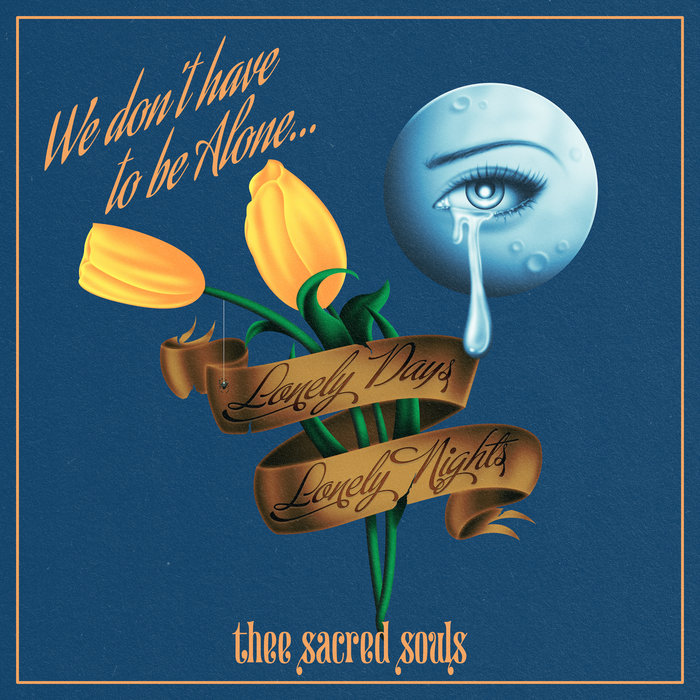
We Don't Have to Be Alone – Thee Sacred Souls
this blog is GROOVY – check out great Soul, Funk, Jazz, Hip Hop, Bass, Breaks , Reggae, House n many more TUNES
Hey there, music lovers! Buckle up your seatbelts, because we’re about to take a wild ride through the scintillating world of souldies. This genre is all about the feels, blending soul and pop into a delightful concoction that gets everyone shaking their groove thing. So grab your headphones and let’s dive into the history of souldies!
Souldies are like that warm hug from an old friend after a long day. They emerged in the late 70s as an irresistible fusion of soul, R&B, and pop. Artists infused heartfelt lyrics with catchy melodies, producing tunes that make you feel all sorts of ways—happy, sad, or just plain groovy.
The term itself might not have been thrown around until later on; it’s more about vibes than labels. You’ve probably danced along to classics by artists like Marvin Gaye or Aretha Franklin without even realizing they paved the way for souldies!
Let’s hop back to where it all started! The roots of souldies can be traced back to Motown and Stax records in the 60s. These barrios were hotbeds for musical innovation. Think Detroit with its snazzy suits and slicked-back haircuts—or Memphis with twangy guitars on Beale Street.
As funk got funkier (shout-out to Parliament-Funkadelic!) and disco began to light up dance floors in clubs across America, musicians felt driven to explore new sounds—a blend was bound to happen! By the late 70s, you could hear this mixture bubbling away gracefully.
Al Green, Diana Ross, and Stevie Wonder were at forefront during this time period—definitely some big-name players in shaping what would become known as “the sound.” They brought so much emotion into their tracks that they made people’s hearts skip a beat (literally!).
And then there’s Prince—the king of eclecticism himself! He blended rock fantasies with saucy rhythms while sporting those memorable high-waisted pants… talk about confidence! Their music had layers upon layers; each listen revealed something new—a little artifact tucked inside each track waiting for you discover.
Now here comes the fun part—the quirky tales from musicians who rocked our socks off:
Marvin Gaye once almost got kicked outta Motown for refusing to record songs he didn’t believe in!! That determination led him down an amazing path—we’ll raise our glasses (or smoothies) any day for artists staying true!
Did you know Stevie Wonder has perfect pitch? But here’s where things get wacky: one time he walked off stage during a performance only because someone forgot his favorite drink backstage—hey man needs hydration too!
And let’s not forget about Aretha Franklin ruling her concerts without missing a beat (and often forgetting how many encores she did)! One time she sang “Respect” three times in one night because audiences couldn’t get enough; now that’s commitment right there.
These stories remind us that behind every smooth tune is an artist pushing boundaries while adding everyday silliness into their craft—and isn’t that what life should always be about?
Fast forward through these decades filled with rich harmonics—it wasn’t long before modern artists began remixing classic soul vibes into something fresh yet familiar. Enter neosoul stars like Erykah Badu or D’Angelo bringing new flavors but still echoing those sweet grooves we adore from days past.
In today’s landscape—the likes of Bruno Mars merging vintage tones alongside contemporary beats keeps nostalgia alive while creating fire jams! Funk meets hip-hop creates diverse experiences beyond category confines meeting fans partway when moving bodies unite on dance floors everywhere!
So why should we gush over souldie goodness? Well my friends…it makes us feel good deep down within our souls—it opens channels connecting emotions needed nowadays more than ever amidst chaotic days fueled by rapid tech changes influencing lifestyles overall.
Whether crooning softly or jiving hard-it doesn’t matter—what matters is joy radiates throughout generations enabling connections among listeners young/or old alike filled full surprises sharing experiences celebrating life together…and really isn’t love what makes everything worth living!?
So next time temptation urges flips between charts remember; keep them funky rhythms going strong whether solo drives or hangin’ tough amongst crew rocking boomboxes outside blaring classic beauties spun ‘round town clinging close—they deserve recognition!!!
Till next jam session folks see ya dancing under fluorescent lights glittering bright till dawn arrives once again…because if there’s anything we’ve learned from this journey through souldie land–it’s gotta stay real & relatable throughout life–just like great tunes do too!!!

We Don't Have to Be Alone – Thee Sacred Souls
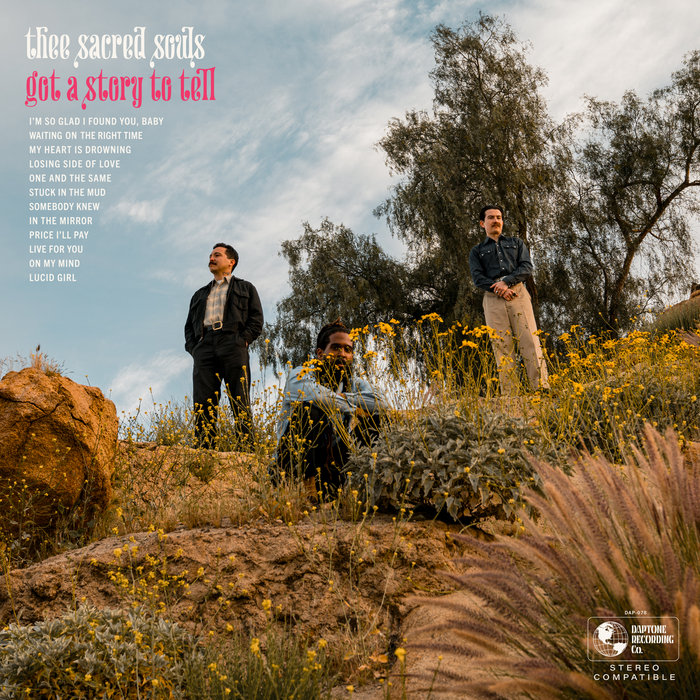
My Heart is Drowning – Thee Sacred Souls
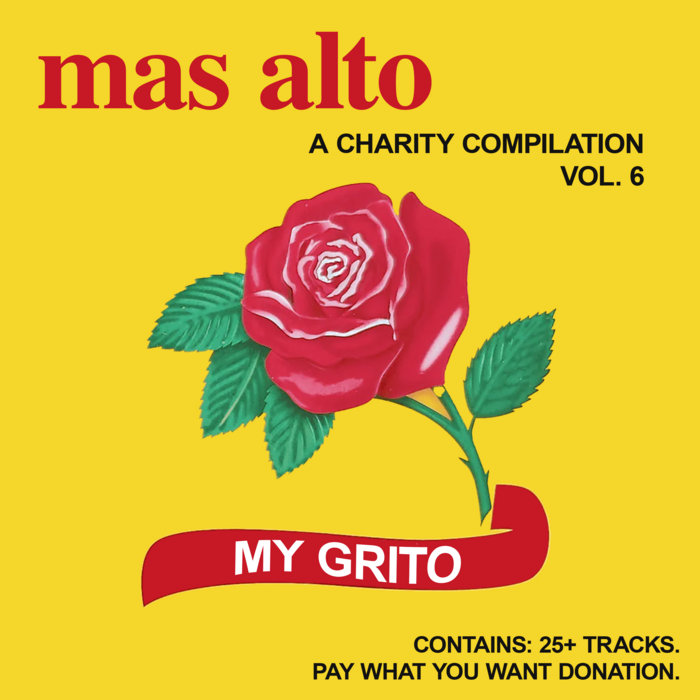
Skanidero – The Paranoias
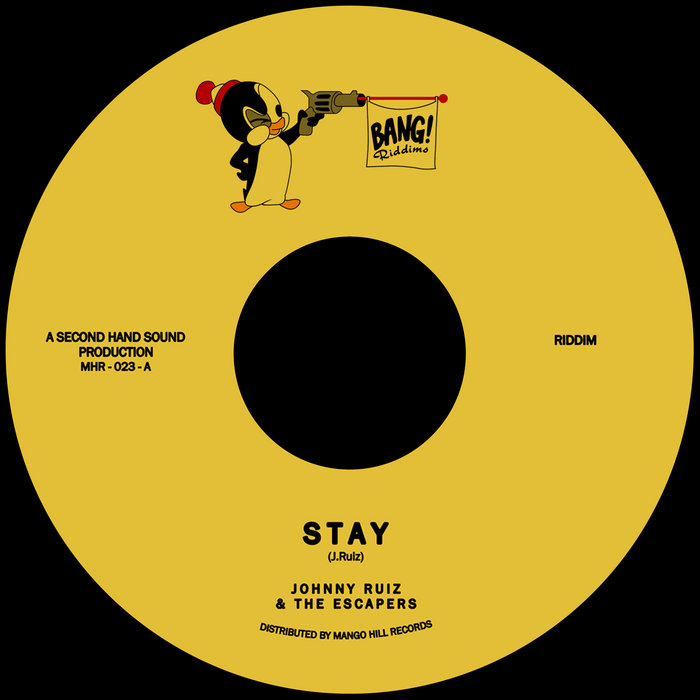
Stay – Johnny Ruiz & The Escapers
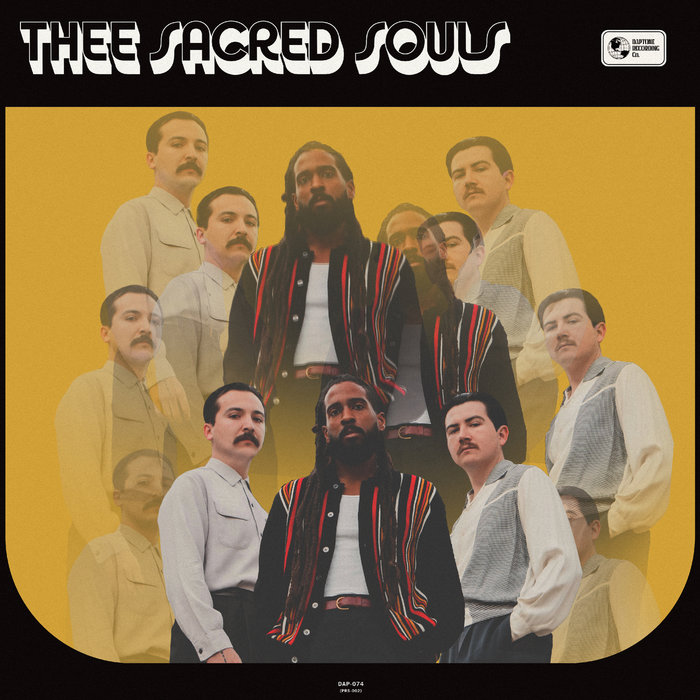
Future Lover – Thee Sacred Souls

The Real Thing – Chris Lujan & Electric Butter feat. Andre Cruz
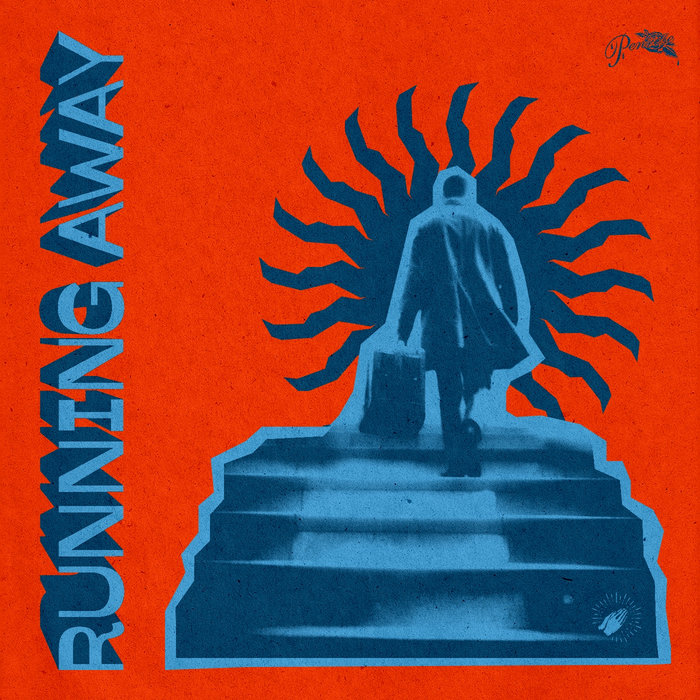
Running Away – Thee Sacred Souls

Driving Me Insane – Rare Hearts

Held Down – My Grito
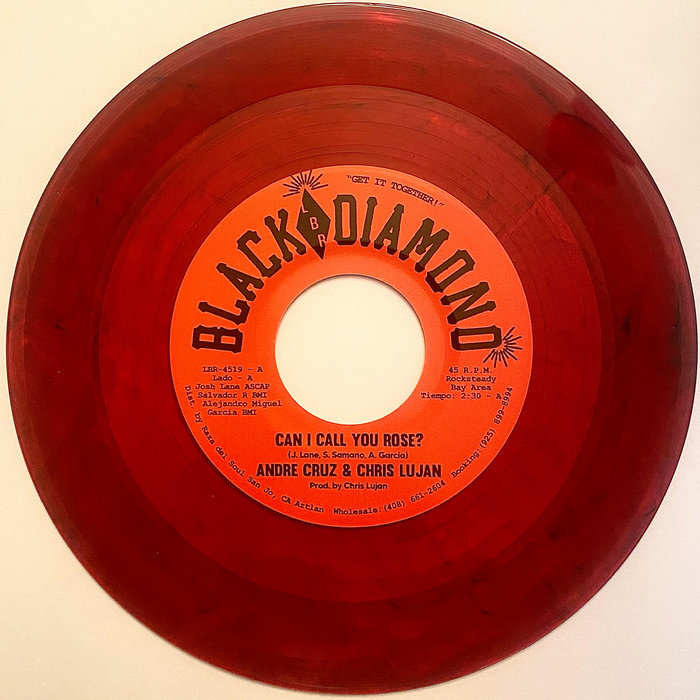
Can I Call You Rose? – Andre Cruz & Chris Lujan